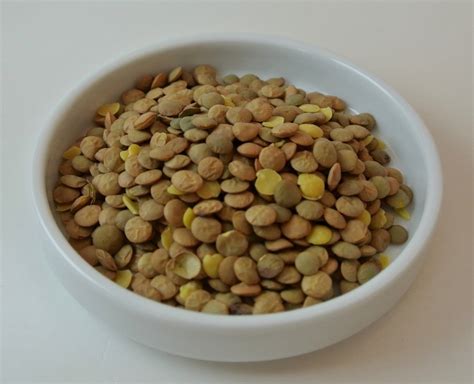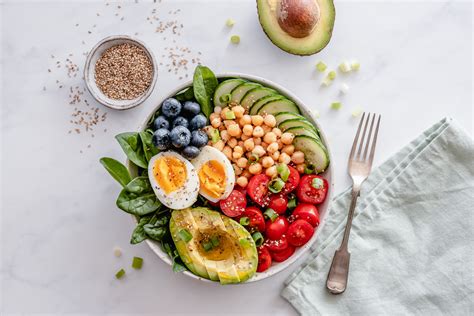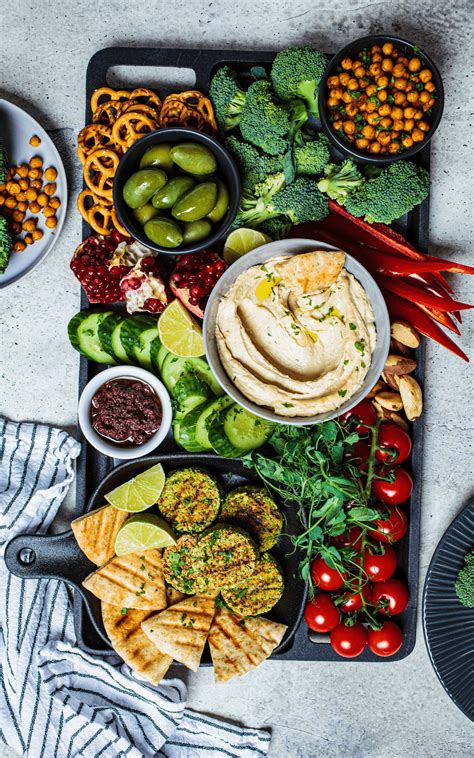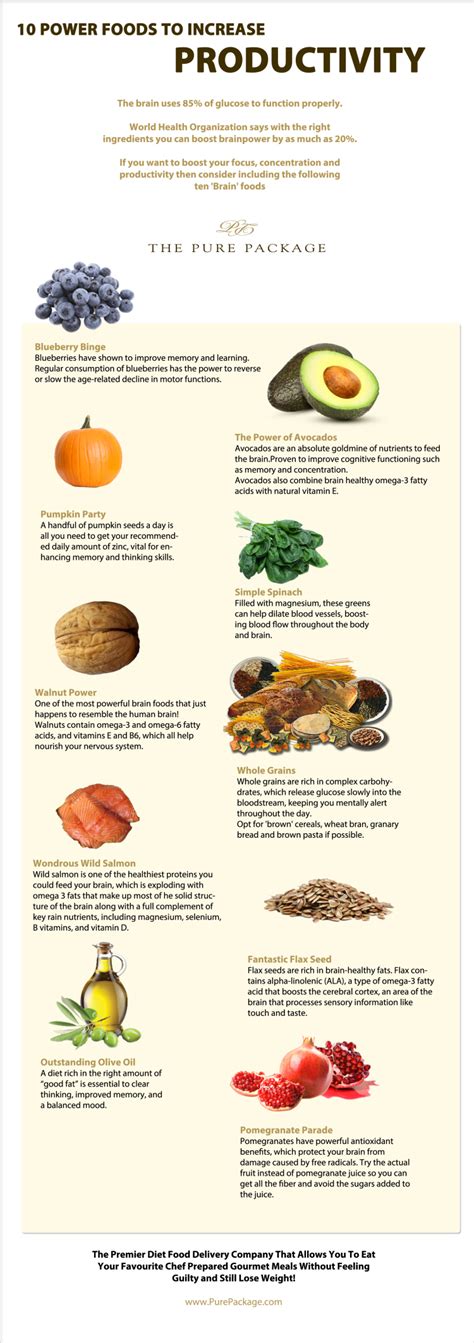Challenging the Culinary Blueprint of Masculinity
For generations, the concept of “man food” has been ingrained in societal norms, often conjuring images of hearty, meat-centric dishes, large portions, and robust flavors. From steaks and burgers to chili and BBQ, these foods are frequently linked to strength, virility, and traditional masculinity. But how does this deeply rooted perception influence a man’s willingness to diversify his plate, particularly when it comes to incorporating a wider variety of plant-based protein sources for essential fuel?

The “Man Food” Stereotype: More Than Just a Meal
The term “man food” isn’t just about taste; it’s a cultural signifier. It often implies a rejection of lighter, more delicate, or perceived as less substantial meals, which might include many plant-based options. This perception creates a psychological barrier, where choosing a lentil stew over a steak might be seen, consciously or unconsciously, as a departure from a masculine identity. Advertising, media, and even family traditions often reinforce this stereotype, making it difficult for men to consider alternatives without feeling they’re compromising a part of their identity or missing out on the “real” fuel.
While traditional “man food” can be delicious and satisfying, an exclusive reliance on these options can lead to a diet lacking in fiber, diverse micronutrients, and healthy fats, often being high in saturated fats and cholesterol. This narrow dietary approach can have long-term health implications, including increased risk for heart disease, certain cancers, and other chronic conditions.

The Unexplored Potential of Plant-Based Proteins
Plant-based protein sources offer a wealth of nutritional benefits, serving as complete and efficient fuel for the body. Legumes (beans, lentils, chickpeas), whole grains (quinoa, farro, oats), nuts and seeds, tofu, tempeh, and seitan are packed with protein, fiber, vitamins, and minerals. They contribute to sustained energy, muscle repair, gut health, and reduced risk of chronic diseases. For men seeking to optimize their physical performance, recovery, and overall well-being, these sources provide clean, sustained energy without the heavy saturated fats often found in animal proteins.
The challenge lies in reframing these foods not as a “lesser” alternative, but as powerful, versatile ingredients that can be incorporated into robust, satisfying, and decidedly “manly” meals. Think of black bean burgers, hearty lentil chilis, protein-packed quinoa bowls with roasted vegetables, or spiced chickpea and spinach curries. The culinary possibilities are endless and can easily match the satiety and flavor profiles of traditional meat dishes.

Breaking Down Barriers: Strategies for Integration
Overcoming the “man food” perception requires a shift in mindset and approach. Here are a few strategies:
- Focus on Performance: Highlight how plant-based proteins can enhance athletic performance, recovery, and overall energy levels. Many elite athletes thrive on plant-based diets, demonstrating their efficacy for strength and endurance.
- Culinary Creativity: Showcase how plant-based ingredients can be used in familiar and satisfying ways. Instead of completely replacing, try incorporating: add lentils to chili, mushrooms to stir-fries, or swap ground beef for a plant-based alternative in tacos.
- Emphasize Flavor and Texture: Demonstrate that plant-based meals can be just as rich, savory, and texturally diverse as meat dishes. Umami-rich mushrooms, smoky tempeh, and hearty beans can provide deep satisfaction.
- Education and Exposure: Provide information on the nutritional benefits and offer opportunities to taste well-prepared plant-based meals. Often, skepticism diminishes after a positive culinary experience.

Towards a Broader Definition of Fuel
Ultimately, expanding a man’s willingness to incorporate a wider variety of plant-based proteins means challenging ingrained cultural narratives about masculinity and food. It’s about recognizing that true strength and optimal fuel come from a diverse and nutrient-rich diet, not from adherence to outdated culinary stereotypes. By embracing the versatility and power of plant-based proteins, men can unlock a world of flavor, enhance their health, and redefine what it means to be well-fueled in the modern age.
Encouraging men to experiment with plant-based options isn’t about giving up beloved traditions, but rather about enriching their diet with additional powerful fuel sources that support long-term health and vitality. The future of “man food” could well be a delicious and diverse blend of all the best nature has to offer.





